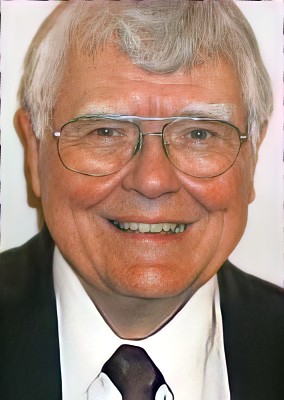1) THE “CREDIBILITY” ISSUE
The Barrier of Seemingly-Absurd Statements From Science
Ellen White made some dozen-and-a-half statements in the area of the scientific that today seem peculiar, even preposterous, and totally “off-the-wall.” And a few that otherwise might have believed in her divine inspiration, upon discovering the evidence, sometimes helplessly throw up their hands, saying, “How could a true prophet say that?” This presentation deals with this barrier within the broader context of the Nature of Faith and the Danger of Doubt.
2) THE “MORALITY” ISSUE
The Barrier of Alleged Plagiarist Practices
Many dismiss Ellen White’s claim to prophetic inspiration because of seeming evidence that she committed plagiarism, and then, allegedly, compounded her problem by reportedly denying it. In any responsible consideration of this problem, five issues must (and will) be examined: 1) The Definitional Problem, 2) The Biblical Problem, 3) The Legal Problem, 4) The Ethical/Moral Problem, and 5) The Practical Problem.
3) THE “INSPIRATION/REVELATION” ISSUE
The Barrier of Her Employment of Literary Assistants
Some stumble over the fact that Ellen White employed a small paid staff of literary helpers. Why does a true prophet need such assistance, anyway? Were these helpers the real authors of her books? What were their specified duties? What two tasks were they forbidden ever to perform?
4) THE “INERRANCY” ISSUE
The Barrier of the Prophet’s Human Fallibility
Critics of Mrs. White dismiss her claim to the prophetic gift because she allegedly fails a crucial Biblical test of a prophet: fulfillment of prediction. Do a true prophet’s predictions always come to pass, 100% of the time? Does a true prophet ever make a mistake? Does a true prophet ever have to go back and change anything? In what particular way does God make the prophet’s word “more sure” (2 Peter 1:19) than the word of the non-prophet?
5) THE “INTEGRITY” ISSUE
The Barrier of Alleged Duplicity
Some feel that Mrs. White failed the “integrity” test when she appeared not to practice that which she preached to others regarding vegetarianism. In what three categories of situations did Mrs. White sometimes depart, temporarily, from her habitual practice of vegetarianism, after 1863? How could she do this and still claim–truthfully–“I have not departed from those [health] principles. . .I have been a faithful health reformer”? (CD 489,490;9T159:1)
SET OF 5 DOWNLOADS

